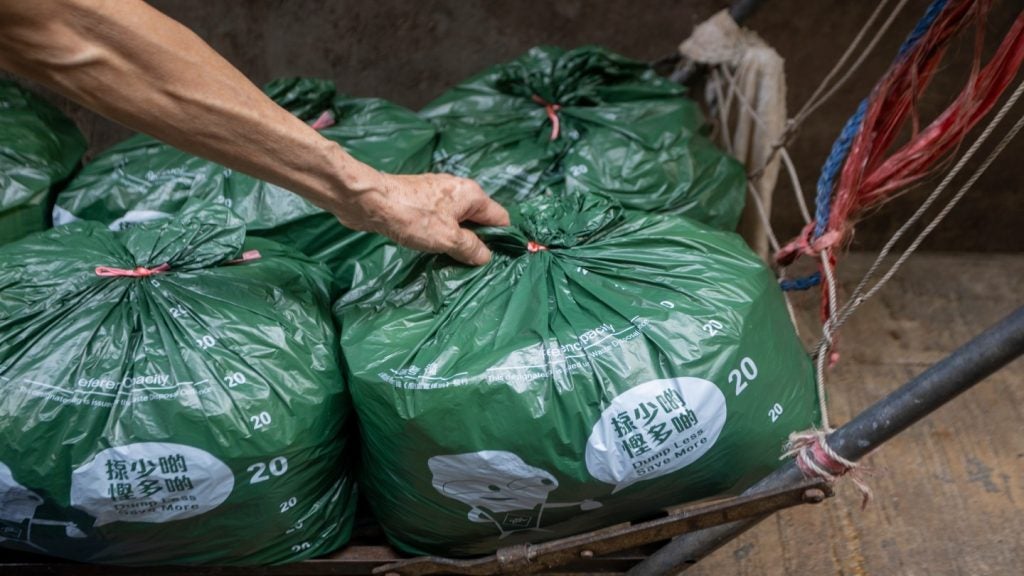Greenpeace, an independent global campaigning network, is calling on the Hong Kong government to take more decisive action in regulating and minimising packaging waste at the source.
The environmental organisation has expressed concerns over Hong Kong's upcoming waste-charging scheme, which is due to start on 1 August 2024.
It will see households charged 11 cents per litre for waste disposal, necessitating the purchase of designated rubbish bags before disposal.
The initiative has faced criticism for its repeated delays and perceived inadequacies in recycling measures, Greenpeace noted.
Greenpeace has been advocating for better waste reduction strategies at the source, particularly for packaging waste.
In March, Greenpeace conducted a "Refuse Levy Pilot" experiment with 45 households for a period of seven days.
As part of the pilot, households were asked to sort their waste into three categories, including disposable packaging, takeaway tableware, and general waste, and to use designated garbage levy bags for disposal.
The study revealed that disposable takeaway tableware constituted 2% of household waste, while nearly 3% was packaging waste.
It showed that on average, the participating households ordered nearly three takeaways per week, with half of their waste coming from disposable packaging.
For instance, a two-person household would spend an average of HK$40 ($5.1) per month on the levy, with takeaway and packaging waste accounting for HK$21 ($2.6), over half of the total garbage fee.
Greenpeace suggests that the government should impose refuse levy as planned and accelerate the adoption of a producer responsibility system
to shift the onus of waste management from consumers to producers.
This is expected to promote waste reduction at the source for chain enterprises, while encouraging the use of reuse systems.
Greenpeace programme director Leanne Tam said: “Under the garbage levy policy, public has to pay for the unfairness, including paying for it or being responsible for recycling.
“To reverse this situation, the Government should make use of dedicated waste levy funds to allocate additional resources to promote a convenient reuse and repayment system, and implement the policy of reducing packaging at source, so as to help community reduce waste and reduce fees for public.”









